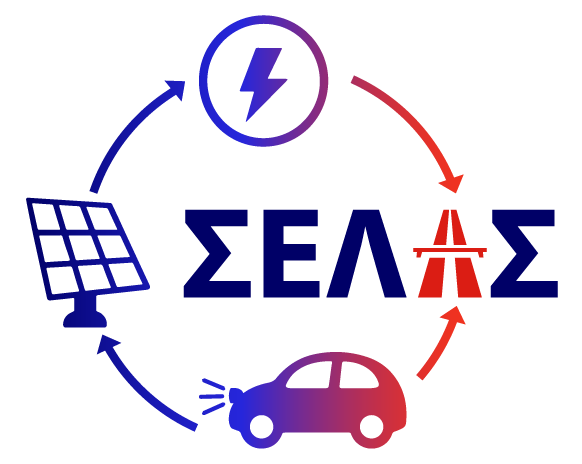The ΣΕΛΑΣ project aims at high acceptance of its results for end-users (on-highway / toll stations / parking users), while emphasizing the constructive interactions between them and technology providers. The ultimate goal of ΣΕΛΑΣ is to maximize the exploitation of the building blocks of the technology and the overall system to be produced. This orientation will be further enhanced by the adoption of a flexible development plan which aims to reach a prototype first stage, quite early in the project.
Sella will follow an evolutionary process of implementation, which will be changed through a range of agile methodology:
- The proposed iterative approach will take place in 2 short cycles, allowing for the integration of new data from the evaluations into the process of developing the building blocks of the project, reviewing it whenever necessary. Throughout the process, other similar initiatives will be monitored to identify new opportunities, threats and aids / enhancements to the implementation of subsystems (PVs, batteries, algorithms and software applications).
- Sella will adopt a fast-fail approach approach to achieving the steps of the process of maturing the idea and evolving the system. This will provide the means for a rigorous assessment of existing technological capabilities, allowing for effective alignment with the current conditions throughout the project's life cycle. For example, measurements will be made on real PV collectors in the workshop through appropriate light boxes that will simulate different sources of light, resulting in quick conclusions on application to the specific conditions of the pilot plant.
The approach will allow ΣΕΛΑΣ to respond to external or internal opportunities during the life of the project and add to the flexibility of the project to truly accommodate innovative solutions that will match the emerging trends and needs at the actual time of implementation. Thus, the actual potential of the final results will quickly reach a high level of maturity and ensure the successful use of the proposed ecosystem in the medium / short term after the end of the project (1-2 years).

